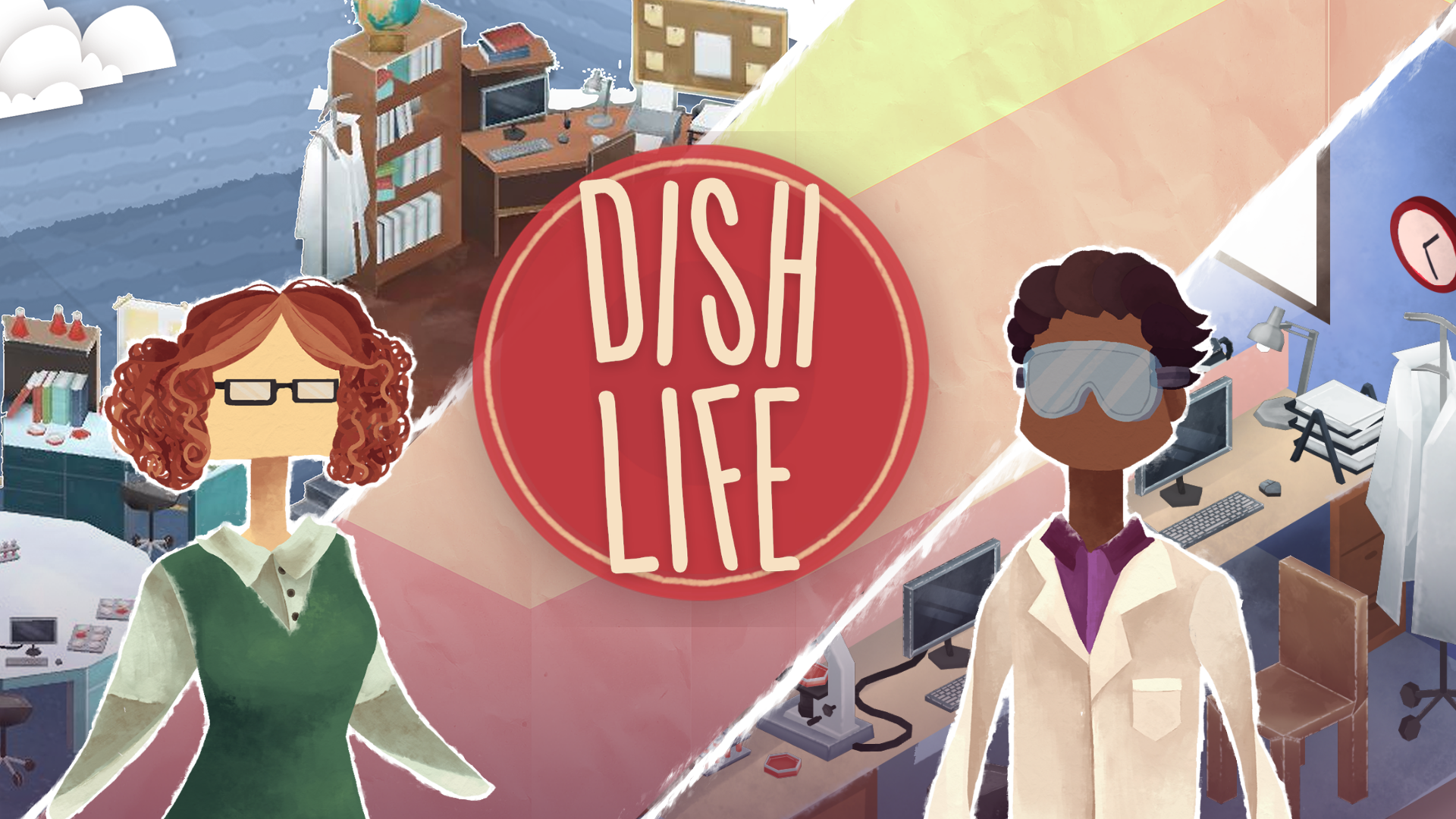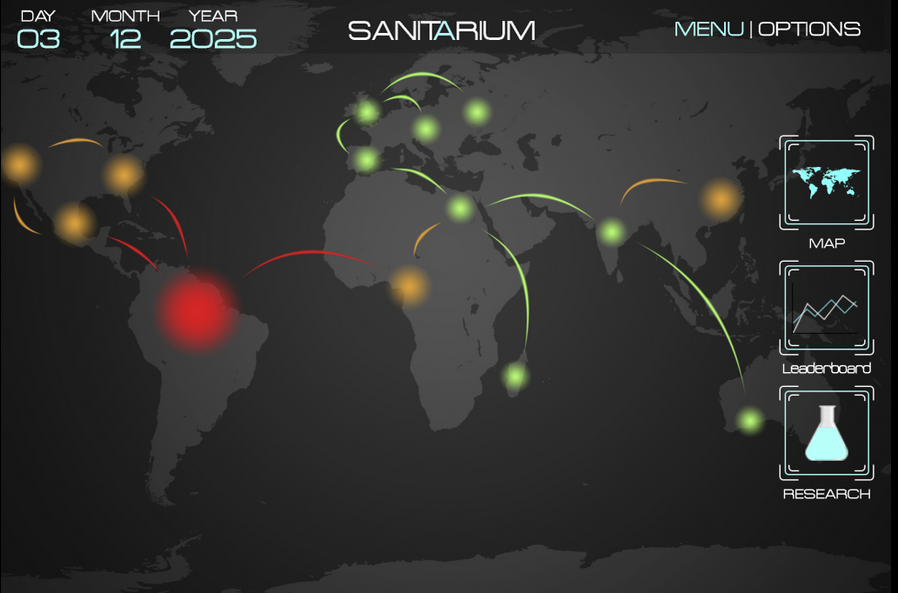October 12, 2018

Games in the past have been used in various other ways other to just purely entertain their players. Games have been used to train, teach, engage and inform players. By working with game companies, research institutes such as universities can create games that engage and educate players. Game companies can combine pedagogy and key learning objectives from academics alongside game design principles and techniques to create games that educate players whilst providing a fun experience. By having players engage with a game and ultimately the games teachings, research institutes can educate and inform players.
Pocket Sized Hands
It’s no surprise then that Pocket Sized Hands have worked with two different research institutions in the form of Cambridge University and St. Andrews to create games that educate its players. Working with Cambridge University, Pocket Sized Hands are creating Dish Life. Dish Life is a mobile game that educates players about the life of a stem cell researcher and the care giving aspects of stem cell research. Working with St. Andrews, Pocket Sized Hands developed a location-based AR mobile game that taught players about the HPA Axis through mini-games called Hypothalamus Hunt.

Virtual and Augmented Reality
Virtual and augmented reality are also incredibly useful tools to educate users in unique and compelling ways. As part of a project to reproduce the ancient Egypt ‘Dream Stela’ monument, Harvard university have created an AR app that educates people about the history of the Sphinx allowing users to visually explore a part of history by simply using their mobile phone. Similarly, VR allows players to explore environments. Working with Poppyscotland , Abertay University and Ruffian Games, Pocket Sized Hands created Their Memory. Their Memory explores the memories of veterans of British Army veterans who work at a poppy factory. Through virtual reality, you can listen to the stories of the veterans whilst experiencing the unique environment of the factory in which they work at. Presenting the veterans memories through VR allows people to learn about their lives in a unique and engaging way. Their Memory is a great example of how VR can provide educational, visual experiences.

Research Projects
Cambridge University has previously worked with games company Ninja Theory to better represent mental illness. Working closely with neuroscientist and psychosis expert Professor Paul Fletcher, Cambridge University were able to contribute to the development of Hellblade: Senuas Sacrifice and ensure the portrayal of mental health in the game was accurate.
Gamification has proven to be an effective tool for a range of different research projects. Developed by University of Aarhus, Quantum Moves is a game in which the user transport atoms by manipulating an energy potential. The game is a real-world simulation of actual atoms and by playing the game, the solution the player comes up with will be to develop a quantum computer at the University of Aarhus. Quantum Moves is a great example of a gamified research project that has impacted the real world.
A similar game is a game made by students of Abertay University called Project Sanitarium. In Project Sanitarium, users are tasked with treating TB suffers using a finite amount of resources. With the information gathered from players, it is hoped the game could benefit in creating new drug treatments for TB.

Games are an incredibly powerful tool to engage and educate people of all ages and backgrounds. Pocket Sized Hands have proved that games can just as effective at teach and researching as other traditional methods.
If you have an idea you want created get in touch with us and we can bring it to life. Whether it’s a quick prototype, a full product or even just to brainstorm, our team will be here to help. From the beginnings of your prototype to the final product we can support you with professional advice and delivery.





